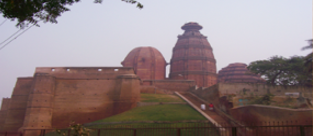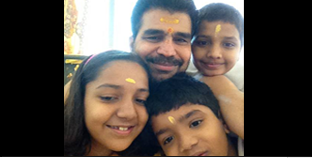Chapter 1 : 32, 33. Sloka 32kiṁ no rājyena govinda kiṁ bhogair jīvitena vāyeṣām arthe kāṅkṣitaṁ no rājyaṁ bhogāḥ sukhāni ca Arjuna equates success with human costHe is
READ MORE
No Schedules for this section.
Chettikulangara Devi Temple,
Date & Time : 20-01-2026 - 27-01-2026
Venue : Mavelikkara, Alleppey
Contact Person : ADV.S.S.Pillai
Contact Number : 9847695808



